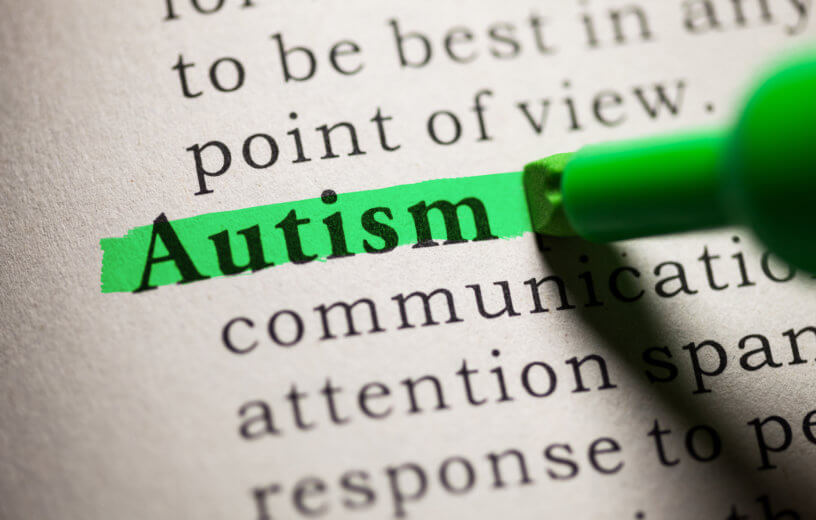TORONTO, Ontario — Scientists have identified 134 new genes that increase a person’s risk for autism. In the largest genome sequencing analysis ever done for autism, researchers from The Hospital for Sick Children found hundreds of genetic changes that build a bigger picture of the “genomic architecture” underlying this condition.
The study authors used whole genome sequencing to examine the genes of over 7,000 individuals with autism as well as another 13,000 of their relatives. Whole genome sequencing allowed the team to uncover variant types — complex DNA rearrangements and tandem repeat expansions to name a few — that would have otherwise gone undetected. The 134 newly discovered genes had a number of genetic variations from duplicating to inversions and random insertions in the base sequences.
“By sequencing the entire genome of all participants, and with deep involvement from the participating families in MSSNG on forming our research priorities, we maximize the potential for discovery and allow analysis that encompasses all types of variants, from the smallest DNA changes to those that affect entire chromosomes,” says Stephen Scherer, the chief of Research at SickKids and director of the McLaughlin Center at the University of Toronto, in a media release.
Is autism inherited from parents?
The study tracked the role of genetics in families with only one individual with autism compared to families with multiple individuals with the condition. When looking at maternally inherited mitochondrial DNA, the team found it made up only two percent of autism cases. When they created a polygenic score — an estimation of a person’s chances of having autism — they surprisingly found there was no higher risk between families.
“This suggests that autism in multiplex families may be more likely to be linked to rare, highly impactful variants inherited from a parent,” says lead author Brett Trost, a research associate in the Genetics & Genome Biology program at The Hospital for Sick Children. “Because both the genetics and clinical traits associated with autism are so complex and varied, large data sets like the ones we used are critical to providing researchers with a clearer understanding of the genetic architecture of autism.”
The findings could help pinpoint which genetic variants contribute to the highest risk of autism spectrum disorder. In a separate study, Dr. Scherer’s team studied the genomes of 325 families with autism. They found that combinations of spontaneous, rare-inherited, and polygenic genetic factors in one person can lead to different subtypes of autism.
“Collectively, these latest findings represent a massive step forward in better understanding the complex genetic and biological circuitry linked with ASD,” adds Suzanne Lewis, a geneticist and scientist at the BC Children’s Hospital Research Institute. “This rich data set also offers an opportunity to dive deeper into examining other factors that may determine an individual’s chance of developing this complex condition to help individualize future treatment approaches.”
The study is published in the journal Cell.

“Person’s risk for autism” or “person’s chance for autism”?